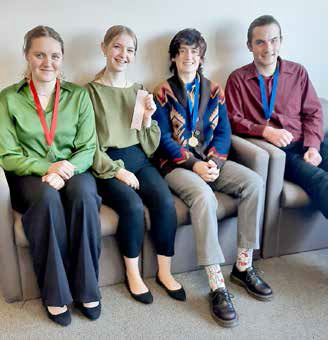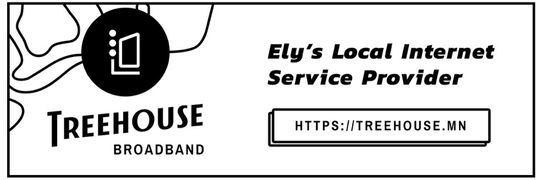…unscrupulous people know the more often people hear a narrative, the more they will tend to believe it
Dear Readers: Our nation is in serious trouble. Even the tumultuous 60s do not compare with what’s happening around us today. We are a divided people, and I’m exceedingly worried about our survival as a democracy.
How did we arrive at this crisis? I believe there are several factors. First, the past several decades spawned broadcasts on both TV and radio that people regard as news, when they are anything but news. They are commentary, hosted by people who have their opinions and want to convince others to believe them. They give one-sided versions of issues. And, both sides of our national divide have them.
Second, social media platforms thrive on sensationalism. By nature, people are more attracted to emotional content that may arouse anger, hostility or disgust than to rational content. So, posts that are inflammatory tend to be spread most widely. Wide readership is what makes the social media platforms more money. Spreading outrageous misinformation is great for the bottom line. The platforms have no economic incentive to prevent, debunk or remove shocking, but unfounded, “news.” In fact, there is disincentive to do so.
Third, most Americans might believe themselves to be independent, free thinkers. I doubt that. To be free, independent thinkers, we must question everything we hear or read. And, we have to consider opinions that differ from our own. How many of us purposefully listen to views that are different from the ones we already hold? Human nature drives us to seek validation. We are steered to “news” accounts that support our existing beliefs.
A democracy cannot thrive without a citizenry that is well-informed and thinks critically before reacting. According to a Pew Research Service study, almost 90% of U.S. adults get their news from a smartphone. I suspect that a substantial portion of that information comes from social media, not the web sites of reputable news outlets. That’s scary given that social media platforms thrive on fast, widespread dissemination of information, whether it’s accurate or downright false. The need for speed precludes getting the same scrutiny as traditional, reliable news outlets get. Misinformation abounds.
How do we see past the misinformation and get the facts? We cannot know with complete certainty what is fact and what is not. Sometimes it’s pretty tough to sort out. But, we can approach the truth more closely by being more mindful of the nature of the message. Ask yourself if the source addresses only one side of an issue; if the source targets your emotions rather than your intellect; if the source constantly espouses the same message. Unscrupulous people know the more often people hear a narrative, the more they will tend to believe it, so it’s repeated often.
By using our God-given brains, we can avoid an impending catastrophe. Sort out the news from the hype. Don’t blindly follow the other sheep in the herd. Consider points of view other than your own. Use social media exclusively to communicate with your friends—actual friends you know personally, not strangers who might have “friended” you. Be aware that someone who provokes divisiveness does not have our own or our nation’s best interest in mind. Talk to the other side, while allowing that they just might have some valid points. If the majority of us do more of this, our democracy has a chance to survive and even thrive. If not, well, I guess we’ll reap what we have sown.
Rich Floyd Ely, MN

The Ely speech team traveled to Mesabi East on Feb. 24 for the Jean Scholar Memorial meet. Esther Anderson, second in poetry, Alison Poppler, sixth in prose, Raymus Cavalier, first in drama and Leo Stalmer, first in drama.
.jpg)










